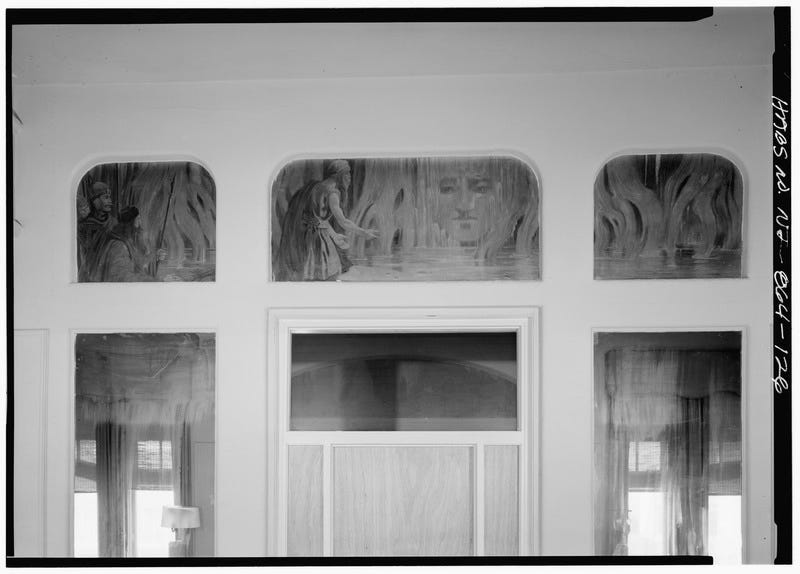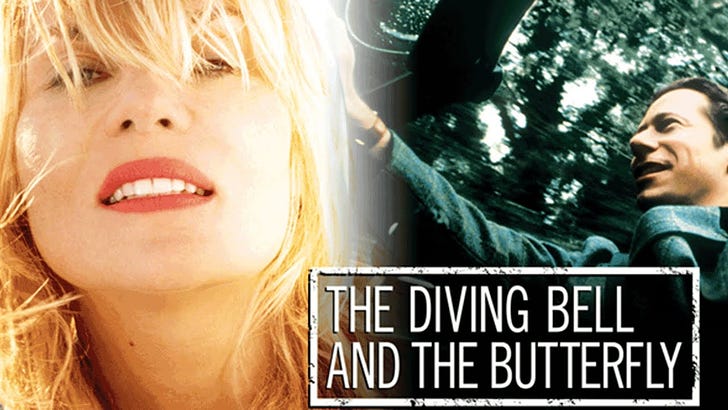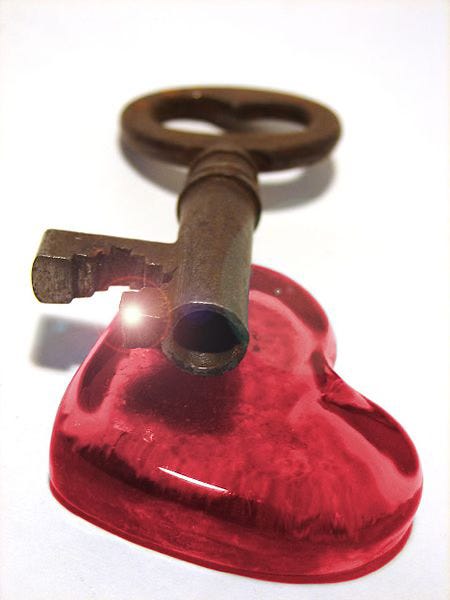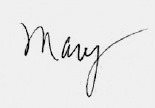Come in the middle? Here’re links to ➡️ Chapter One, Chapter 2, Chapter 3, Chapter 4, Chapter 5, Chapter 6, Chapter 7, Chapter 8, Chapter 9 , Chapter 10, Chapter 11, Chapter 12, Chapter 13, Chapter 14 , Chapter 15 , Chapter 16, Chapter 17, Chapter 18, Chapter 19, Chapter 20, Chapter 21, Chapter 22, Chapter 23, Chapter 24, Chapter 25 , Chapter 26, Chapter 27, Chapter 28, Chapter 29, Chapter 30, Chapter 31, Chapter 32, Chapter 33, Chapter 34, Chapter 35, Chapter 36
Transom
I’m about to travel to Paris. And before I embark, I contemplate the journey at stake.
In Kate Chopin’s The Awakening, published in 1899, Chopin’s main character says,
“I would give up the unessential; I would give my money. I would give my life for my children; but I wouldn’t give myself, I can’t make it any clearer; it’s only something which I am beginning to comprehend, which is revealing itself to me.”
Like the character in Chopin’s novel, I am on the journey of discovering the totality of self—if that’s ever possible.
Though writers (beware of the critic) and people who hope and fantasize are cautioned to be careful of dreams, I look to my dreams for answers about who I am.
Here’s one: Keys on a thin metal ring. Collecting the keys of others, of boys so that they may not leave class, go back to their apartments. Beethoven playing. We in class are studying him section by section. The students are both kids and young men. My father’s face at the transom.
I must want D.’s keys. I must want him playing Beethoven.
Or do I?
The old Victorian, in Adams Morgan where D. and I lived, had old doors with transoms and mullioned windows that one doesn’t see in condos in downtown D.C. I miss the house on Kalorama Road, my library, my writing room.
Or do I?
The houses have all gone under the sea.
At the gym some time ago, a beautiful married woman who wears diamonds to work out, asked me how I was. I said, “Lots of dates but no one.”
“Would a man really make you happy?” she asked.
I answered, “I think so.”
But I wonder. Isn’t this a good question for me? Perhaps I’ve found my place in the world.
After all, Thoreau went off to the woods, and we’re still reading him. What was his loneliness about? Or what was his solitude about, a better question.
And here I sit, ready to fly, with the longing for emotional memory, for the holding of life.
Last night I was watching Julian Schnabel’s The Diving Bell and the Butterfly. If that man with locked-in syndrome could do what he did, can I not do this?
I can, I can.
I want to be the little engine that could. I want to recall those moments with Sarah, my philosopher daughter with her first book coming out in May, and with Ben, my son who is so hard on me now—he has no use for D.
I long for our moments on the couch in the family room, watching Mr. Rogers. I like you just the way you are. What a comfort I found Mr. Rogers to be. I recall the yellow Dansk pot that I made Sarah’s “chocky” (her hot chocolate) in. The pouring of the hot liquid into her cup, her little hands pounding on the table, announcing her impatience. I recall Ben when he was ten or eleven, standing in a doorway watching me cook. My children are grown now. One is in Paris where I will go; the other, in Australia on his vineyard.

I feel as if I am at the transom, high above the door frame looking through frosted glass at the life that lies before me, or better, at the one I’m living, watching the way my father watched from the transom of my classroom in my dream. I feel him with me in the way I used to feel my mother after she died. He’s been dead nine years and I feel him in the way I felt her then, as if he is coming to me.
I sense that my sexuality is involved here, for my father was key to its emergence, to my sense of what it is like to be loved by a man.
Did his fears infiltrate that knowing? I have described my father’s quiet, his calm like the sense of the sea receding with the tide; his angles like a Giacometti sculpture in shadow at the edge of sand in fading light. But the flip side of his quiet was an abiding fear that he would lose one of us.
When he was old, some months after my mother had died, I was moved by the angles of his body at the edge of the sea. He stood on a beach in Hilton Head. D. and I had taken him with us on a business/vacation trip where we could swim, play tennis (my father used a Western grip and had a slice that could place the ball at the corner of the court). That day at the beach, D. went out far in the ocean to swim. My father walked the edge of the shore until D. came in, some forty minutes later. He must have watched me and my sister, both good swimmers, in that same way.
He came to his fears through loss: His mother and father came through a sewer with my father’s oldest sibling, an infant at my grandmother’s breast, during a pogrom in Russia when they left their parents and the life they knew to emerge on the other end in freedom. Much was gained, but the loss does not fade. I carry that loss and more because all my grandparents died before I was born and because I’ve lived through the devastating illnesses and deaths of my mother, my sister and my father. I wonder if my fear of loss is a legacy that I carry with me like the memory of my father and the way he paced the shore.
As I free myself or rather try to free myself from those fears, I sense my father’s face at the transom of my life. I hear his wish: It is time for you to do what I could not.
A transom is a strengthening cross bar set above a window or a door. I am looking for a crossbar that gives me strength. A mullion is the vertical bar between the panes of glass. Do mullions and transoms form the pattern of a window, a window on what is next?
I see a woman at a house by the sea, a loose white dress, and the breeze across her face. I see a grassy plot where tea and wine and wind will begin the story.
Grateful acknowledgment is made to the following for permission to reprint previously published material in chapter 37: T.S. Eliot: Excerpt from "East Coker" in Four Quartets, copyright 1940 by T.S. Eliot and renewed 1968 by Esme Valerie Eliot, reprinted by permission of Houghton Mifflin Harcourt Publishing Company.
Coming next: Chapter 38: “My Apartment!” Table of Contents
Love,






This was so lyrical, Mary.
To pick one line out of many, I love the way you expressed the look of your father's shadow on a beach at a certain time of day with precision, grace, and newness:
"...his angles like a Giacometti sculpture in shadow at the edge of sand in fading light."
I know I'm going to think of that line often this summer.
been picking away at your absorbing story entirely out of order but with fascination and may take some time....regardless on the Thoreau angle he did lose a brother so theres that and only learned that from a fine book/memoir i read this winter by writer and artist Ben Shattuck "Six Walks in the Footsteps of Henry David Thoreau" actually slim as it is ive been putting off finishing it not that there are any cliffhangers its just joyful i felt connected